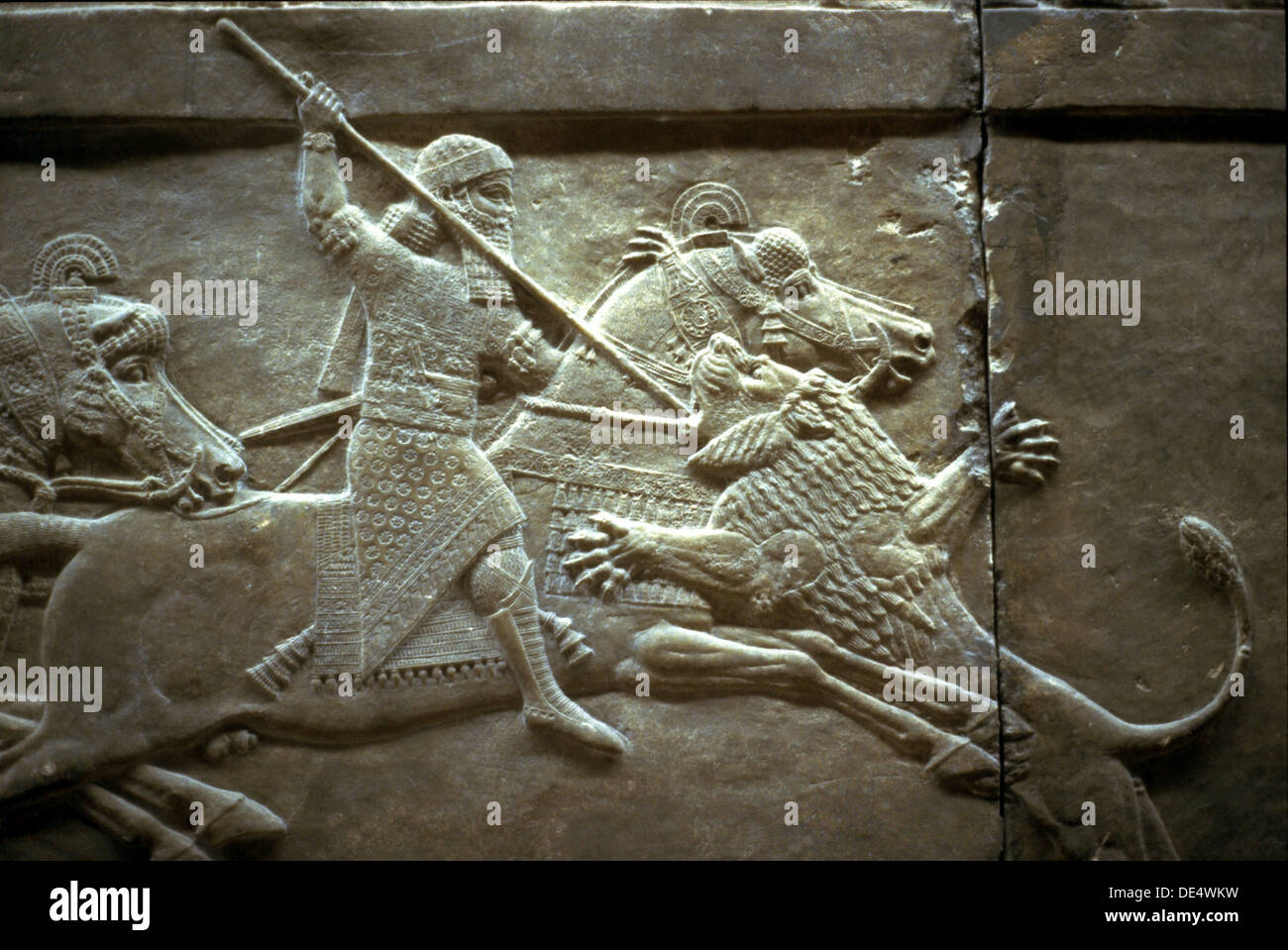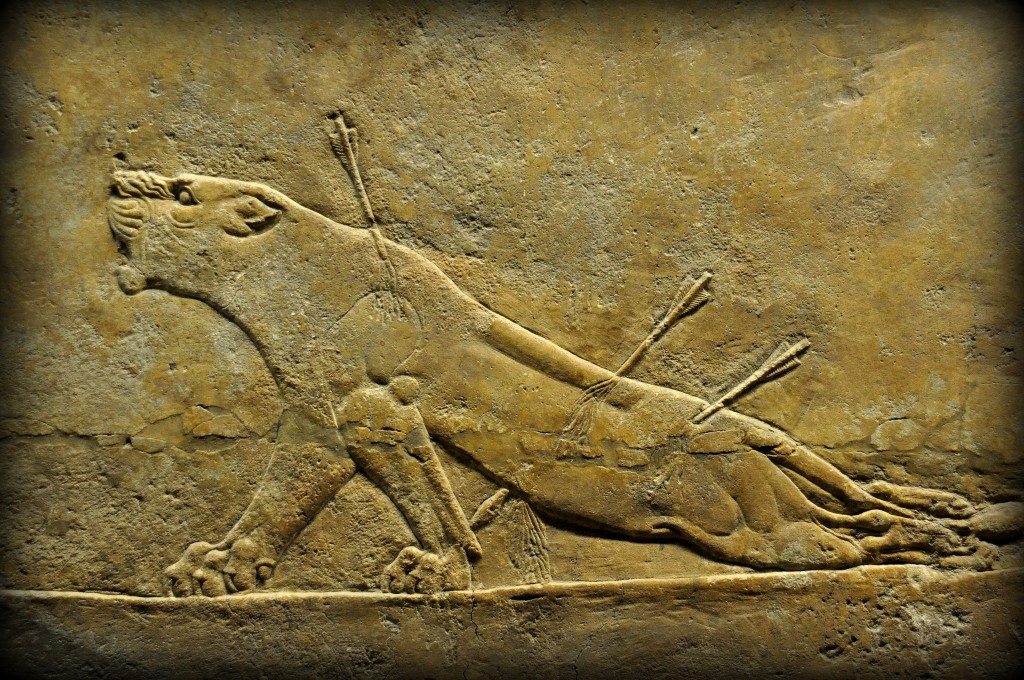Today’s readings put together an Old and New Testament text that, at first glance, may seem unrelated.
The OT text is the beginning of the story of Jonah and the gospel reading is the Parable of the Good Samaritan.
It took a minute for my slow brain to figure out why the Church combines those readings. But then it hit me: both are direct challenges to tribalism.
Lots of people miss that the story of Jonah is a challenge to the notion that the Chosen People are chosen because of their superiority to the Gentiles. Most people assume Jonah runs away from God because he is afraid the Assyrians to whom he is sent will not listen to him.
On the contrary, Jonah runs because he is afraid they will. Jonah wants the Assyrian bastard to get it in the neck. He wants God to destroy Nineveh. He hates the Ninevites guts and does not want to afford them a chance to repent. So he takes is on the lam and, in the significant language of the sacred writer, runs “away from the presence of the LORD”. What is signficant about that? Because in the OT the “presence of the LORD” is typically associated with Jerusalem, where the temple is located. But Jonah is running away from Nineveh, not Jerusalem, which is the ancient near Eastern equivalent of 1942 Berlin.
The Assyrians were not nice people. They saw themselves as Manly Men Doing Manly Things in a Manly Way. For sport, they were really into killing lions:




And they transferred this approach to life to their human victims as well. Indeed, virtually the only image we have of an Israelite comes to us from the Assyrians (since Israelites did not make graven images). It an emissary of the Israelite king Jehu (himself perhaps the most brutal monarch in Israelite history) bowing and scraping before Shalmaneser:

Eventually, the bowing and scraping ceased to have the desired effect and the Assyrians rolled over Israel with devastating force. They were brutal conquerors who practiced ethnic cleansing with cruel skill and they were the ones responsible for permanently wiping the northern kingdom of Israel off the map and exiling the Ten Lost Tribes of Israel into everlasting historical oblivion. When their empire in turn fell the prophet Nahum summarized the Assyrian contribution to world civilization by describing Nineveh thus:
Woe to the bloody city,
all full of lies and booty—
no end to the plunder!
The crack of whip, and rumble of wheel,
galloping horse and bounding chariot!
Horsemen charging,
flashing sword and glittering spear,
hosts of slain,
heaps of corpses,
dead bodies without end—
they stumble over the bodies!
And all for the countless harlotries of the harlot,
graceful and of deadly charms,
who betrays nations with her harlotries,
and peoples with her charms. (Na 3:1–4).
and concluding with this gloat:
Your shepherds are asleep,
O king of Assyria;
your nobles slumber.
Your people are scattered on the mountains
with none to gather them.
There is no assuaging your hurt,
your wound is grievous.
All who hear the news of you
clap their hands over you.
For upon whom has not come
your unceasing evil? (Na 3:18–19).
In short, the Assyrians were people we could do without, who never will be missed. And Jonah feels the full force of that. He would love it if God destroyed Nineveh. What possible reason–apart from the command of God Almighty–could he have to go warn these Nazis of the ancient world to repent and find the mercy of God? To hell with ’em.
That situation more or less obtains with the audience that Jesus addresses in the story of the Good Samaritan too. We sometimes hear that Jesus was apolitical. Rubbish. This parable is as political as it gets. If you want to get the hang of how it sounded to its original audience, all you have to do is replace their despised outgroups and cherished ingroups with our own and you will feel the offense Jesus went out of his way to give.
To conservative American Catholics it would be the Parable of the Good ISIS Member and the people passing the wounded man by would be a Latin Mass Traditionalist and a member of the Trump Campaign staff.
Were he telling it to a member of Black Lives Matter, it would be the Parable of the Good Klansman.
Were he telling it to a Bernie Bro, it would be the Parable of the Good Trump Donor.
The point is that Samaritans were despised by Jesus’ Jewish audience, and not without reason, just as our outgroups have done things to earn our loathing. And yet Jesus demands that we look beyond tribal membership labels and see the person and hope for their personal redemption.











